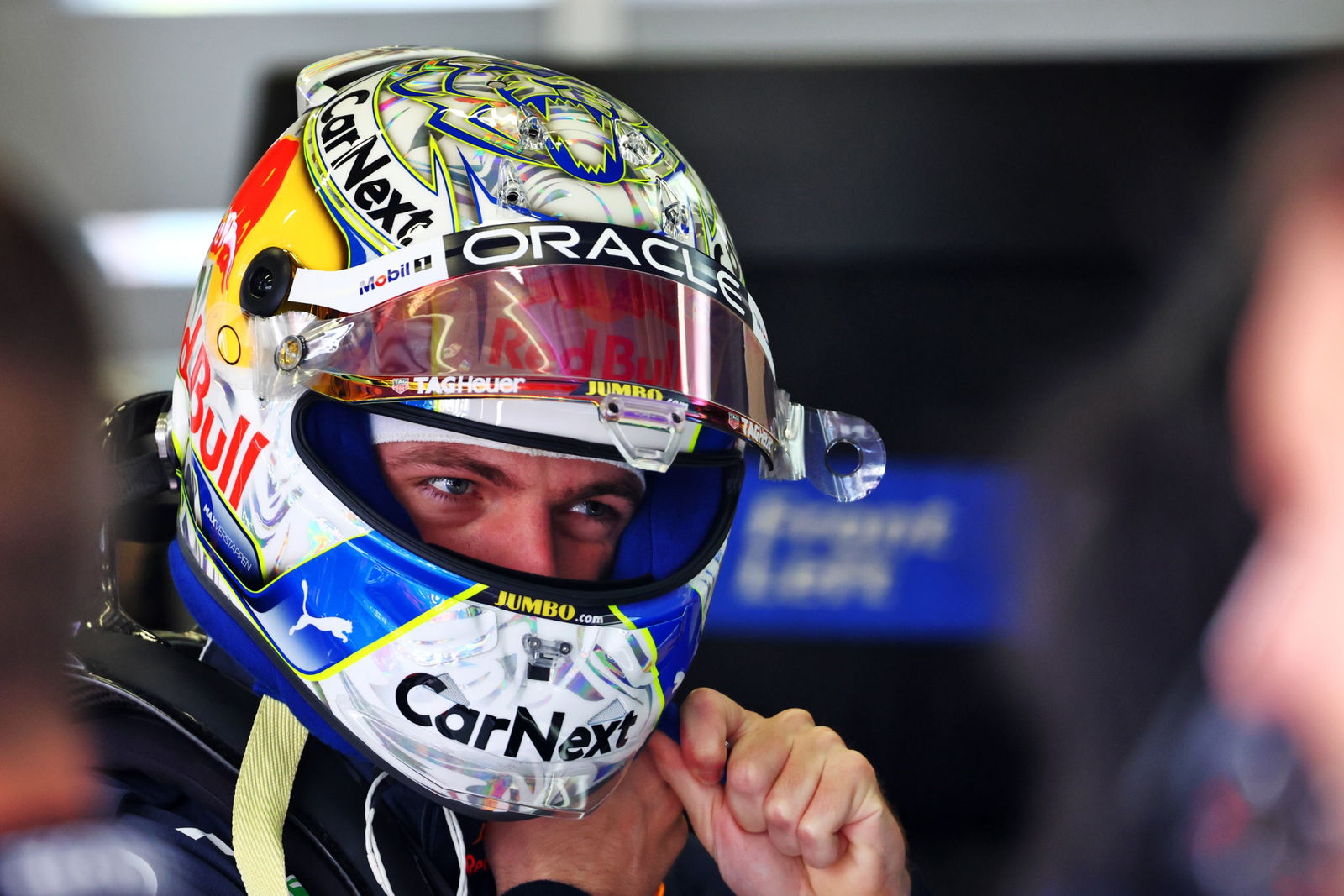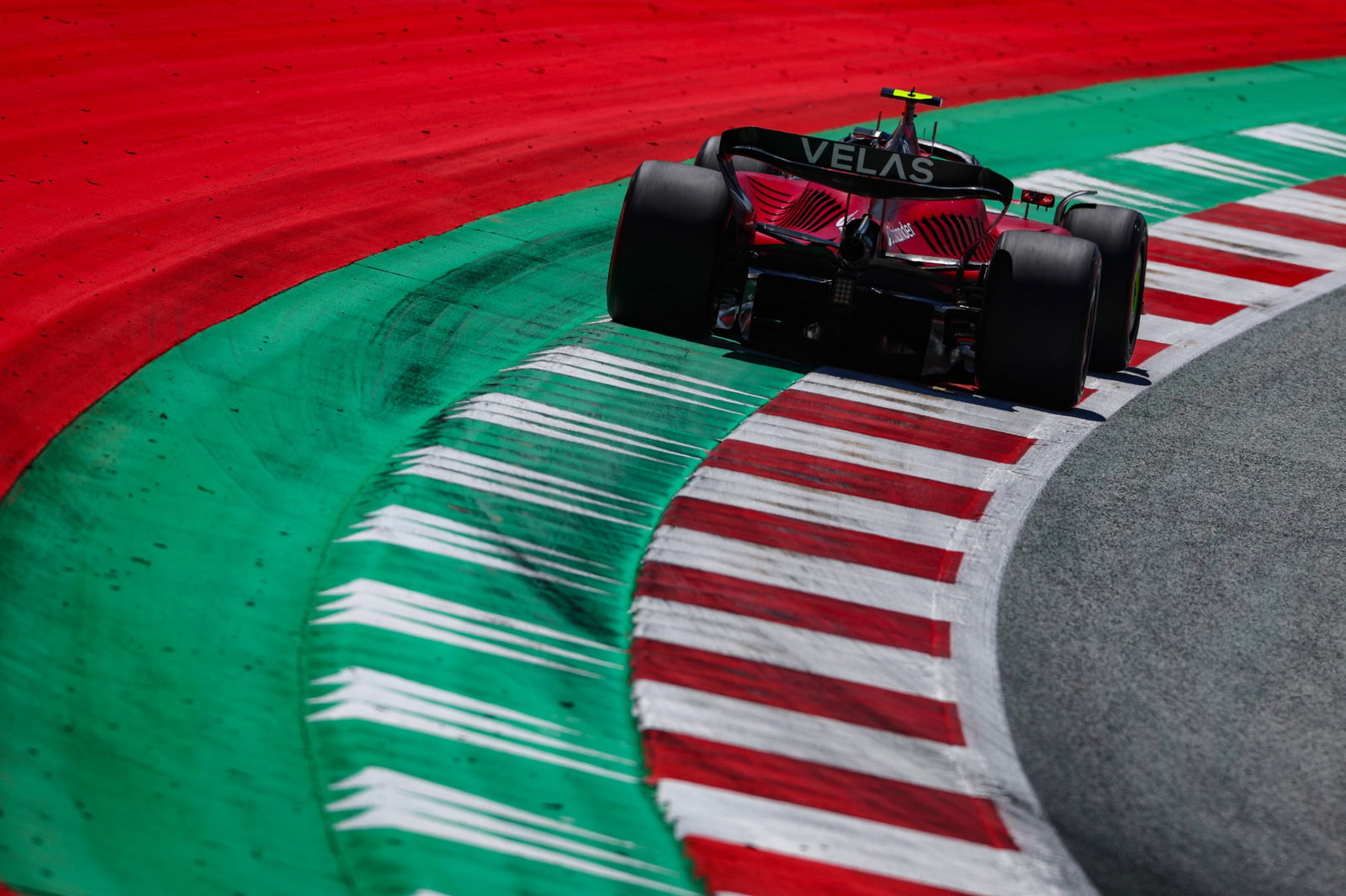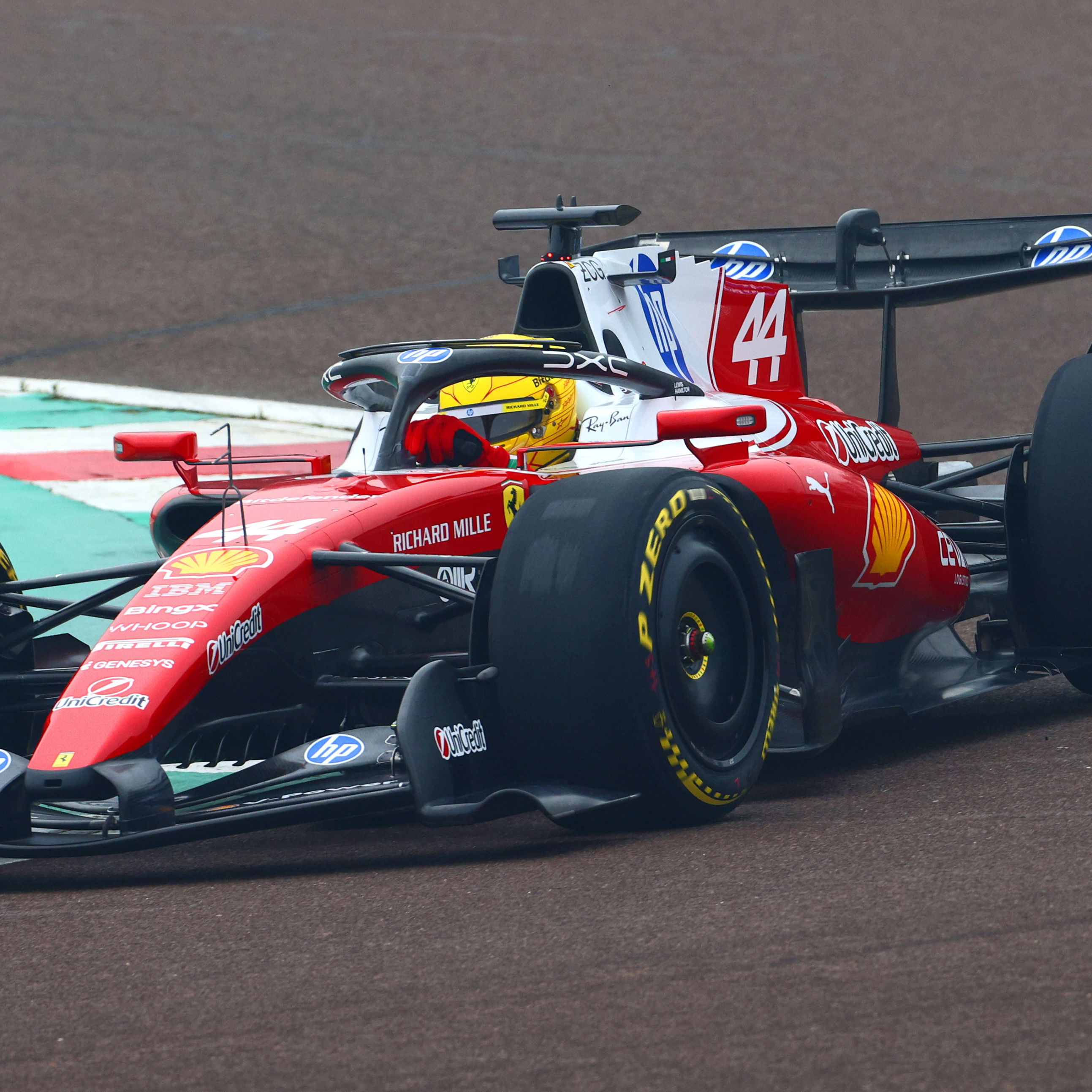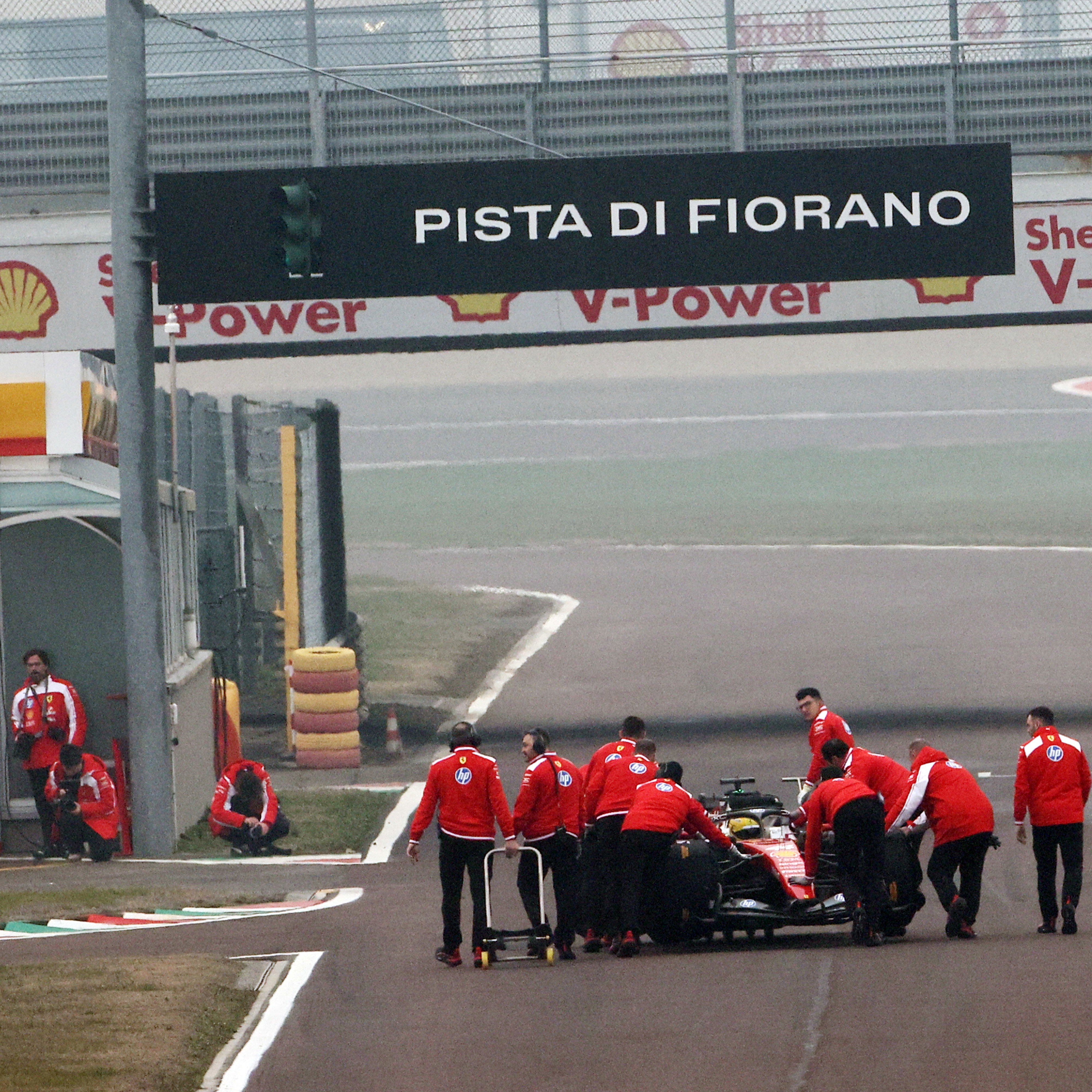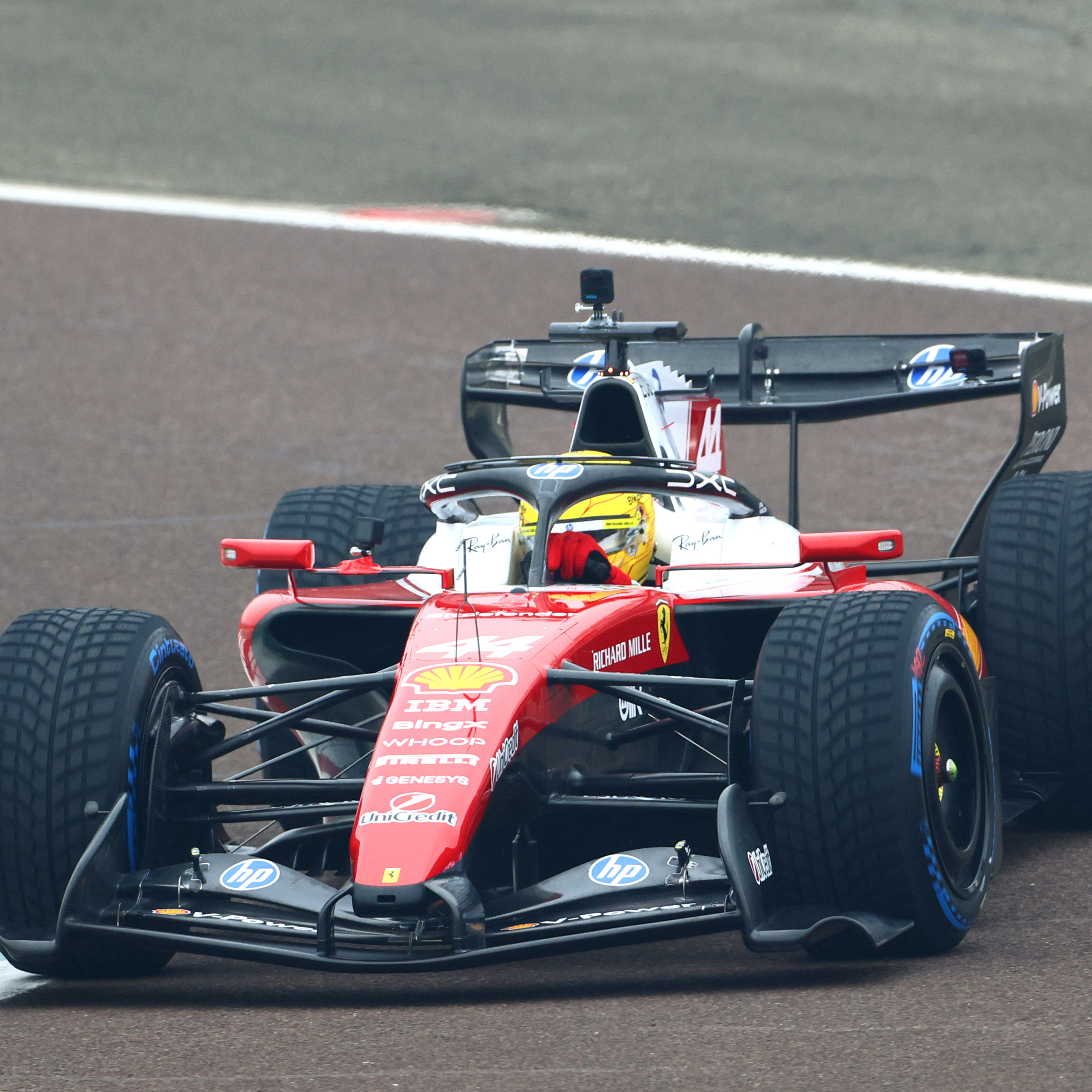F1 increase budget cap and delay flexi-floor rule - does it suit Red Bull most?

F1’s governing body initially introduced new guidelines to stop porpoising at the Canadian Grand Prix after Lewis Hamilton struggled to get out of the cockpit of his Mercedes W13 due to the severe bouncing which caused him back pain in the race prior.
At Silverstone, the FIA announced that it would be strictly monitoring it from the French Grand Prix later this month, with all teams required to comply with the new rules.
The FIA’s analysis has allowed it to put a metric in place following its investigation into vertical oscillation data with all 10 teams now required to meet updated parameters relating to plank wear and skid stiffness.
- Verstappen heads Leclerc as Norris breaks down in Austria F1 practice
- F1 2022 Austrian Grand Prix - Free Practice Results (1)
- Teams given two races to solve porpoising before new rules
The FIA outlined that “these changes are necessary in order to provide a level playing field between the teams when the metric is implemented.”
The new directive also comes after some suggestions that certain teams are exploiting the current floor regulations with how much they are flexing.
Currently, there is a 2mm tolerance of how much the floor plank can flex but some teams are rumoured to be exceeding that and thus having an aerodynamic benefit as they can run their cars closer to the ground.
It is speculated that Red Bull and Ferrari are exploiting the aforementioned rules, explaining their performance advantage over the rest of the field.
While the actual impact of the directive is still unknown, a delay until the Belgian GP will likely ensure Red Bull and Ferrari's performance advantage remains intact over the next three rounds in Austria, France and Hungary.
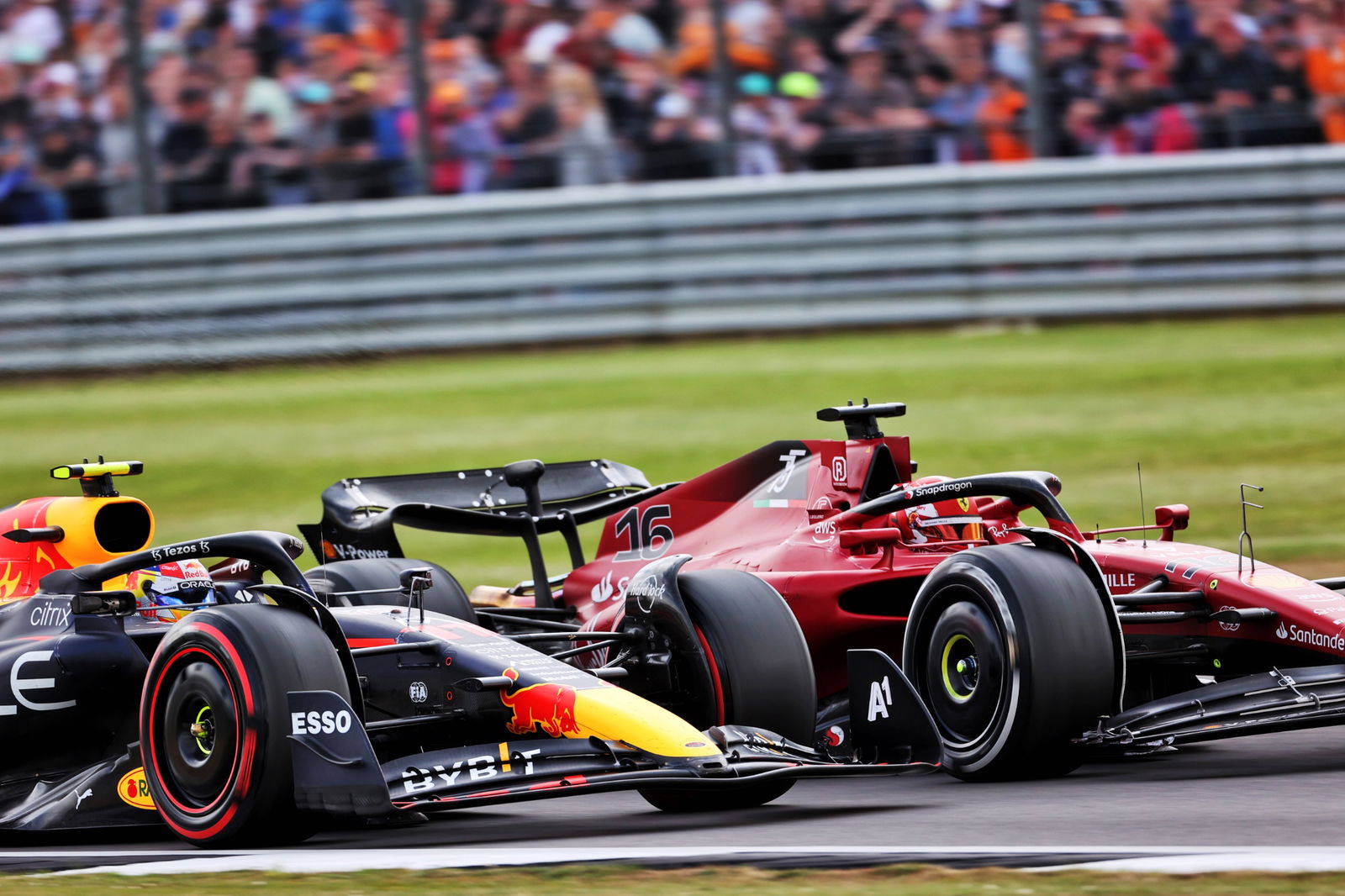
Mercedes boss Toto Wolff is sure that some teams aren't following the rules.
Speaking to Sky Sports after FP1 in Austria, he said: “Well I don’t know [who]. I haven’t been able to squeeze the skids of certain teams. We are looking at our competitors. Probably I would have wished that the TD comes in a little bit earlier but it is what it is, it comes in at Spa and after Spa we won’t see that anymore.”
The final decision comes after a meeting of the F1 Commission on Friday at the Red Bull Ring.
The statement read: “There was a discussion regarding the draft Technical Directive that addresses safety concerns relating to the vertical oscillation of the cars (also referred to as porpoising).
“Following feedback and consultation with the teams and in order to allow the teams to make necessary updates to the plank and skid assemblies, which will ensure a fair application of the metric used to measure this oscillation across all cars, the implementation of the draft Technical Directive issued to the teams prior to the British Grand Prix will come into effect from the Belgian Grand Prix.
“The enhanced controls by the FIA introduced as from the Canadian Grand Prix will continue. Several proposed actions to address this issue in the 2023 Technical Regulations were also discussed, with clear directions to be taken to the Technical Advisory Committee.”
F1 teams get budget cap increase
F1 has also agreed for the budget cap to increase by 3.1 per cent for 2022 as a result of global inflation.
The change will allow teams such as Ferrari, Red Bull and Mercedes - who were pushing for the cap to be increased.
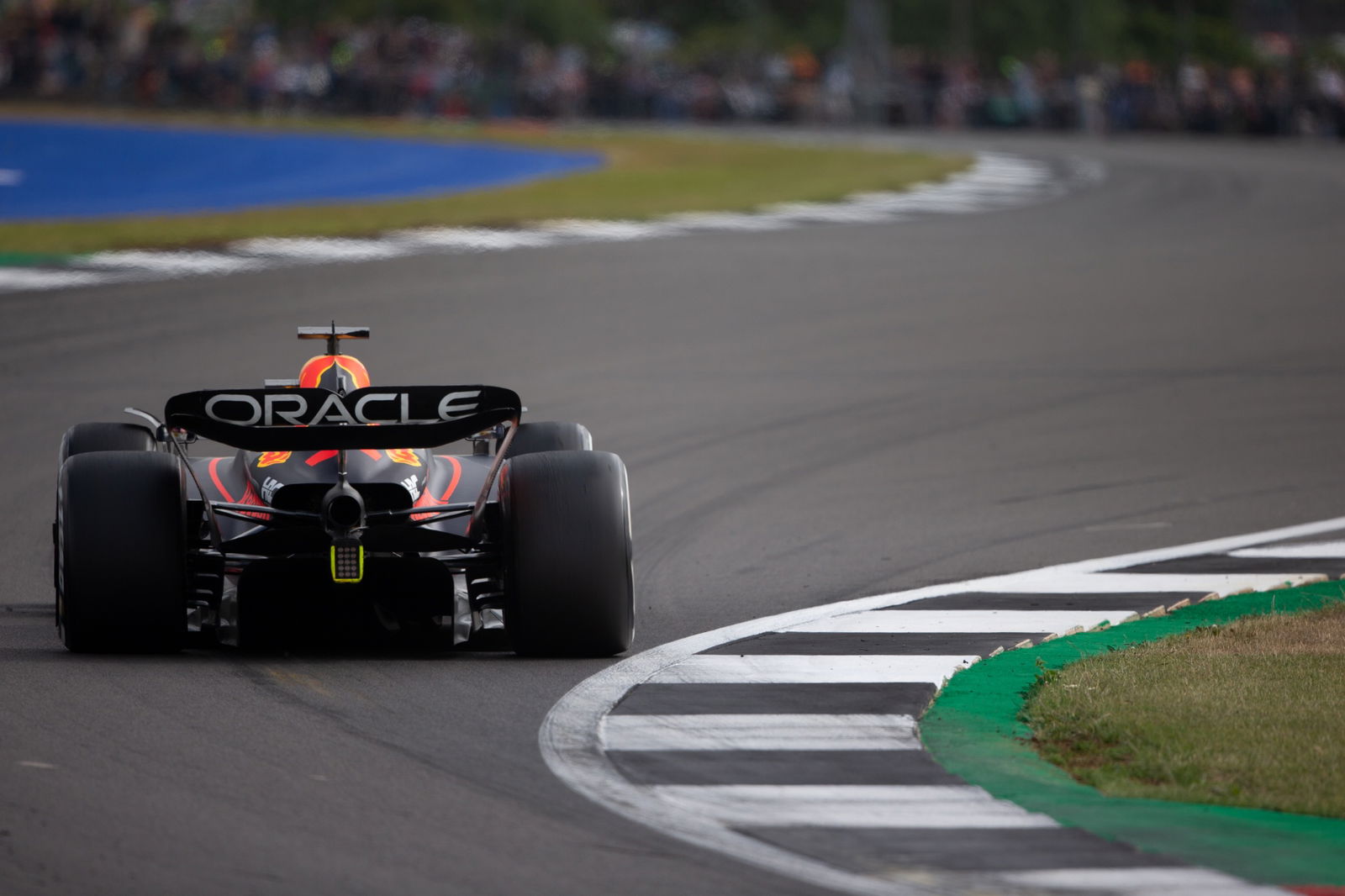
Inflation rates have meant the prices of materials and freight costs have gone through the roof for this year.
The FIA revealed that nine of the 10 teams agreed to the budget increase.
They confirmed that there will be a “compounding” of this rate from 2023 which will “preserve the long-term integrity of the financial regulations”.
The F1 Commission also agreed that pre-season testing will take place outside of Europe four days prior to the start of next season - most likely in Bahrain.
Additionally, the 2026 engine regulations are nearly finalised with Porsche and Audi set to enter the sport.
